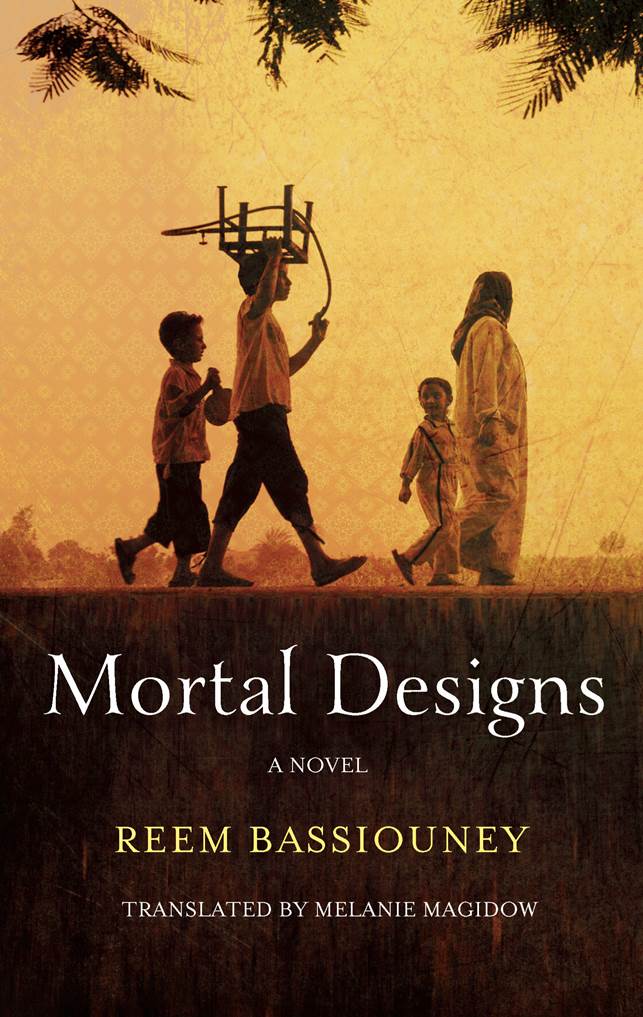Grads and Career Transitions
I was invited to speak recently to the students of a college Translation and Interpreting program. The professor explained to me that most students aim for interpreting careers, thinking that translation careers are rare, not lucrative, or otherwise not for them. I brought together a set of resources and questions to help students figure out if translation could be a career option for them and the outlook of the profession. In addition, over the past several years, students anticipating graduation and professionals contemplating career changes have come to me to learn more about the work I do and how to get started with similar work. In this post, I reflect on the outlook for careers in the industries where my work intersects: language services, publishing, and higher education.
Translation
First of all, what do we mean by translation? Translation refers to the movement of text from one language to another (written), while interpreting or interpretation refers to the movement of speech from one language to another (spoken). If you’re contemplating working in one or both of these areas, it helps to know your own personality. Are you more introverted or extroverted? If you don’t know, tune in and pay attention. What makes you tired? What refreshes you? You can provide the most value for the most people where their needs meet with your superpowers. It’s worth knowing your preferences and the circumstances that bring out your best work.
For the sake of simplification, translation takes place in two contexts: commercial and literary. Commercial translation can and does include literary texts, as well as medical, legal, government documents, etc. An example of this from my own work is a publisher contracting me and my team to translate a collection of short stories, including editing according to Chicago style. This resulted in a “Work for Hire” product.
In contrast, literary translation refers to the second context where translation occurs, this time as a creative work. An example of this from my own work is Mortal Designs, my translation of Reem Bassiouney’s novel Ashiyaʾ Raʾiʿa (‘Wonderful Things,’ changed by the publisher due to another work with the same title). In the first example, the collection of short stories, the publisher can opt to give credit to the translator or not, according to the agreement between the client and the service provider. In the second example, the translator is given credit (in this case, on the front cover, below the author’s name). For more on becoming a translator, see my earlier post.
Independent Contractor vs. In-House, Remote vs. On-Site
Increasingly since the global pandemic necessitated an increase in remote work, companies and individuals are choosing freelance/solopreneur/independent contractor arrangements and remote or hybrid options, in addition or instead of on-site work. If you are considering running your own business, consider if you want to be your own boss. Are you willing to run all the operations of a business (marketing, accounting, technology, contracts, etc.)? Also consider the situation of your household (married/not, kids/not, care for family members, ability/desire to travel). On starting your own business, see my earlier post.
For more on nomadic travel and the changing career landscape, see Flux by April Rinne. For more on gender and family in the language services sector, see the recent open-access report provided here. One interesting finding from this report is that (aside from regional disparities), there is more gender equity and in fact female advantage, in terms of income, in the freelancer space as opposed to the in-house employment space. Remote and freelance options are changing the expectations and possibilities for work-life balance in many fields.
If you are considering hiring a freelancer/independent contractor, consider the volume of work you have to offer. Do you have enough enough consistent work to justify the hire of an employee? If not, or if you need multiple specializations, working with one or more freelancers could be a good solution. To find someone, use your network if possible and search the directory of the American Translators Association (ATA) and/or other professional associations for your industry.
Specialization vs. Diversification
In the business I’ve been running for the past six years, I work with academic and literary texts, usually in the commercial space. It helps to have a specialization (academic, literary, medical, legal, etc.). On the other hand, it can help to have diverse streams of income as well. In the case of specialization, think of what you can do best, perhaps better than anyone or almost anyone, what you enjoy doing, and what your target clients need and have the budget for. The narrower your offerings, the more targeted, the higher value you are offering. This is especially important for those who work in language pairs with more commonly spoken languages.
Moving to the other consideration, diversification, this can also provide important resilience for your business when unexpected events occur (think global pandemic for example). If you have more than one offering, it can help you to pivot and ride out changing circumstances. Ultimately, both considerations are important. As a business owner, you learn to strike a balance between specialization and diversification, adjusting as needed.
Resources for Aspiring Translators
Associations
For Commercial Translation Mostly
The largest association for language professionals (translators and interpreters) in the world, the American Translators Association (ATA) hosts an annual conference and provides certification. You don’t have to be certified, or getting certified, to be a member.
For Literary Translation
ELTNA | Emerging Literary Translators, North America. Online group (free membership).
ALTA | American Literary Translators Association | Hosts annual conference, online workshops
PEN America | Organization for writers (and translators). See especially Grants & Fellowships and Translator Resources.
Books
*How to Succeed as a Freelance Translator *by Corinne McKay | Tips for running your own business, offering Translation as a service. Also check out her very useful Training for Translators site (includes courses, etc.)
*Maintaining Your Second Language *by Eve Bodeux | Tips for keeping up skills in multiple languages
Podcasts
Speaking of Translation. See for example this episode about a Translation Resume.
Marketing Tips for Translators
Images
Photos by Yann Arthus-Bertrand | elephants source, oasis source



